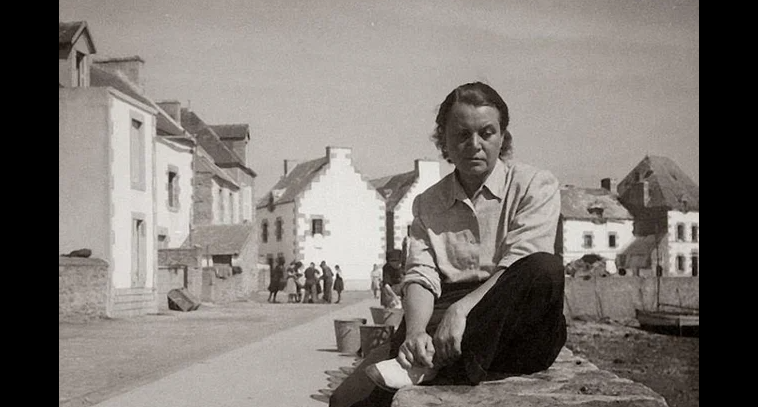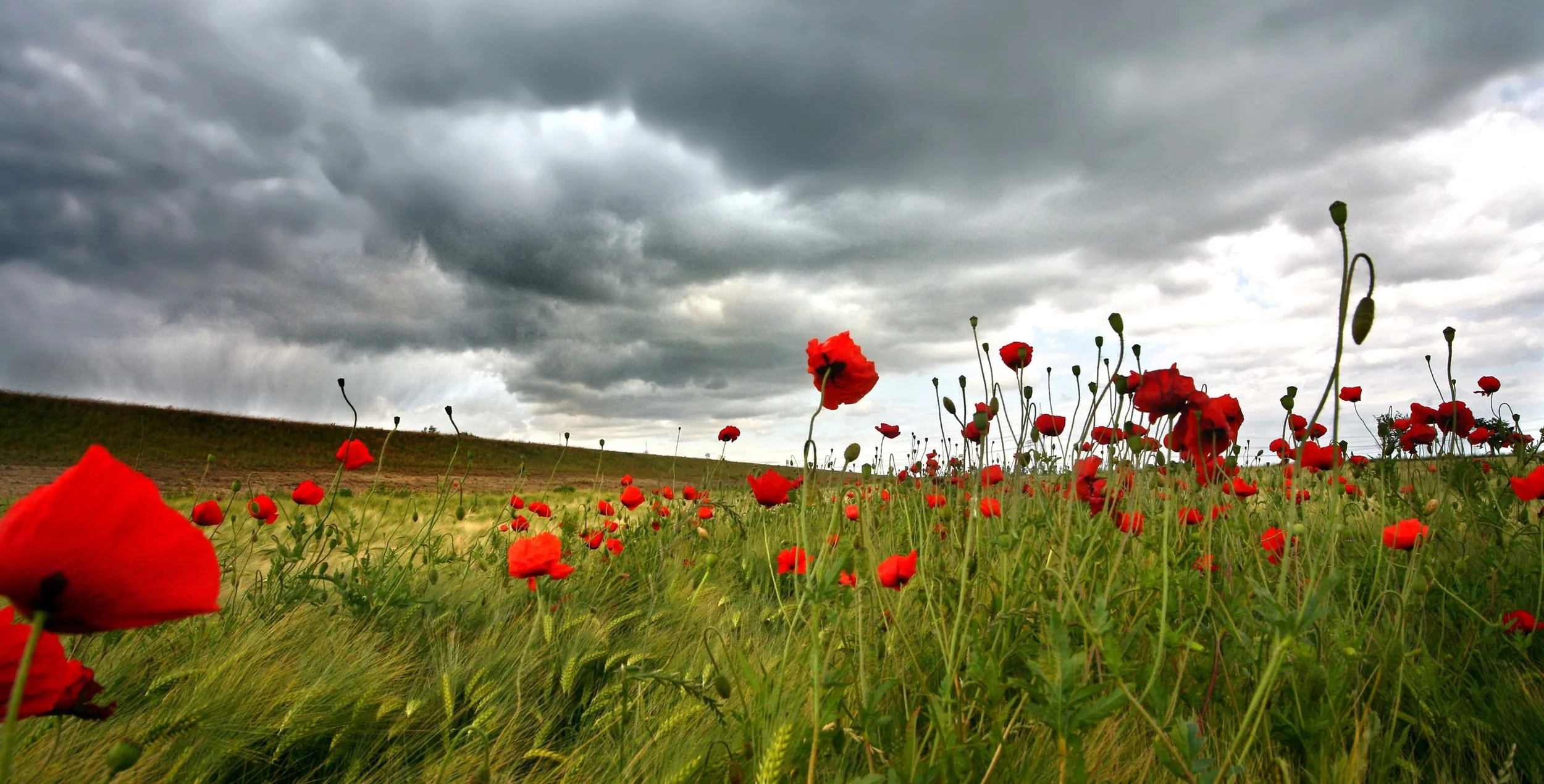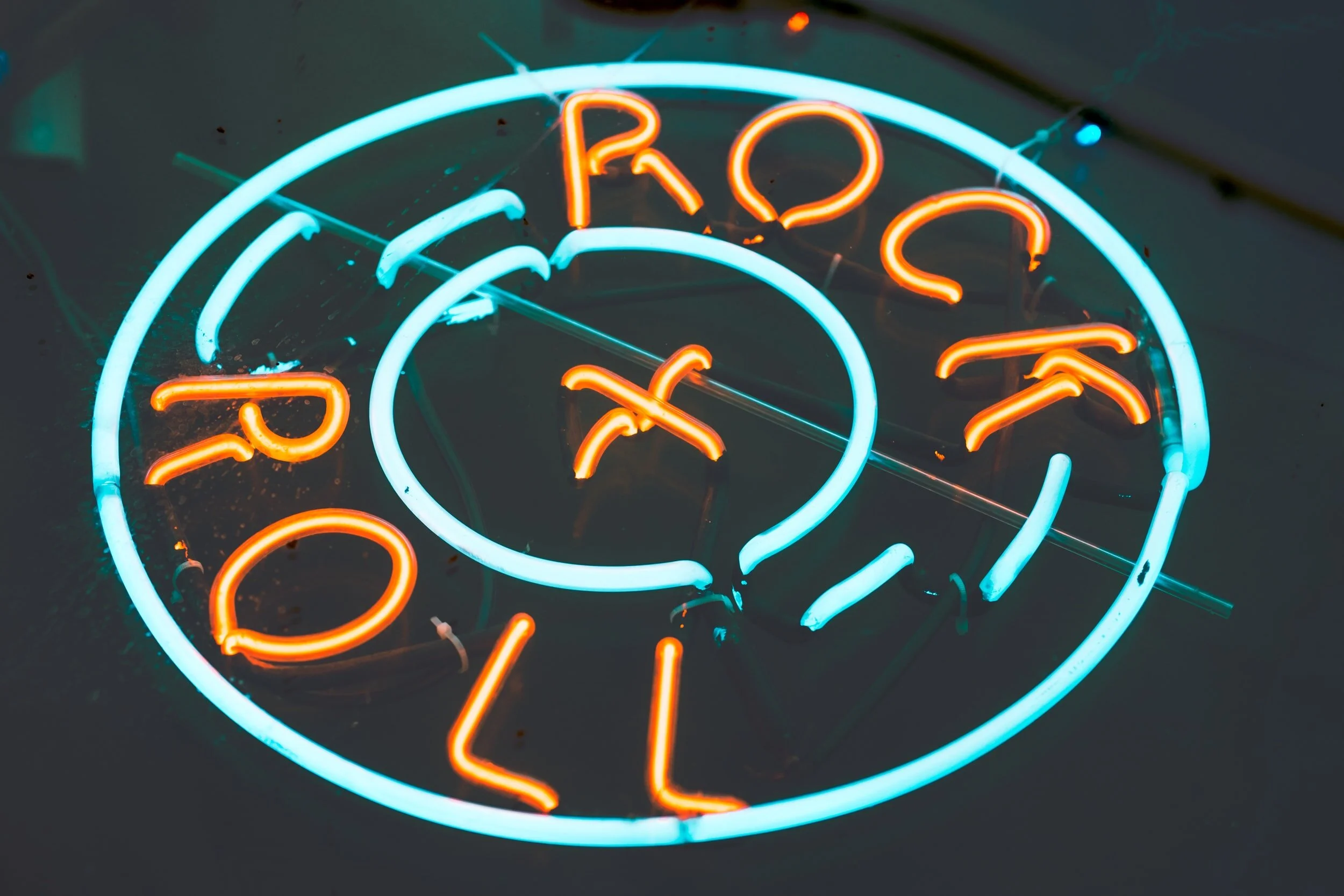Milada Horakova was an advocate for democracy, stuck between both the Nazis and Communists for her adult life. During the Nazi occupation of Czechoslovakia, she resisted, helping emigrants escape and harboring fugitives of the occupiers. Although she faced torture and death from the Nazis, she not only survived but also continued her same fight, this time with the Soviets. Sadly, she was sentenced to death and executed, even when eminent individuals of the time demanded her release.
Jana Novotná: Czech Tennis Champion (1968-2017)
The Czech Flag: A Century of Waving
Inspired by the American holiday, many nations in the world celebrate Flag Day, including Czechia. Before Czechia, there was Czechoslovakia, whose flag, created in 1918, featured 2 horizontal stripes, white on the top and red on the bottom. The flag changed to include a blue wedge from the left and has remained this way since, including after the separation of Czechoslovakia into the Czech Republic and Slovakia.
Toyen: Czech Surrealist Artist (1902-1980)
Toyen, born Marie Čermínová, was a foundational Czech Surrealist artist who explored gender expression. In her early days, she traveled to Paris where she promoted a poetry-inspired art style called "Artificialism." Her own art explored gender, politics, and eroticism, which challenged viewers. After the Communist takeover of Czechoslovakia, Toyen lived in Paris, creating new, expressive pieces, for the rest of her life.
Pride, Country, and a Balance Beam
Věra Čáslavská was a Czechoslovakian Olympian gymnast, born in May 3, 1942 and raised in Prague. Her sense of pride came from more than her sport, as it centered around her love for Czechoslovakia and her people, such that she signed the Two Thousand Words manifesto during Prague Spring. Even through possible persecution she continued to train for the Olympics. After the Olympics, the persecution continued, but she remained resolute though her life, earning her the love of the Czechoslovakian people.
Mother's Day in Czechia: Charlotte Masaryk
Through history, celebrating Mother’s Day in the Czech Republic was more complicated than one could imagine. It begins with the wife of Tomas Masaryk, Charlotte, who fought for women’s rights and taught her daughter, Alice Masarykova, to do the same. After her mother’s death, Alice established Mother’s Day in 1923. The complications of Mother’s Day lasted for a long time, into Czechoslovakia’s Communist occupation.
Charles IV and the New Town
For his time in the 14th century, King of Bohemia Charles IV was one of the most progressive rulers in his time. His greatest contribution to Czech culture is his urban plan for Prague, entitled New Town, or Nové Město. He centered the people of the town in his plans and centralized the working class members of society into New Town, which made it a hub for business and merchant activity. His establishment of Charles University also brought about many major institutional changes throughout Bohemia’s history.
Hans Krasa and Terezin
Born in 1899, Krasa was a young musical prodigy who composed his first songs at the age of ten. By the age of 39, he would compose his most famous song, Brundibar. By the age of 40, in 1939, the occupation of Czechoslovakia by Nazi Germany took place. After their occupation, Krasa was arrested by the Nazis and deported to the Terezin concentration camp, forced to compose as a part of a propagandic smokescreen.
Jaroslav Seifert
Jaroslav Seifert was a Nobel Prize winner who made his living as a journalist and published poetry in his early years. He was one of the Devětsil, a group of avant-garde artists, and a member of the Communist Party of Czechoslovakia (KSČ). Never content with the status quo, Seifert continued writing poetry and being a journalist as his life took many turns.
Opera in Czechoslovakia
Opera is as popular as ever in the Czech Republic! The musical artform got its beginnings back in Bohemia during the early 17th century, when an Italian comedy performed at King of Bohemia Ferdinand III. Music artist and songwriter Wolfgang Amadeus Mozart lived his life in Prague since his performance of Figaro was lauded there, in contrast to Vienna in Italy. Opera has a significant role in the Czech lands’ cultural future and present, as it was a part of the Czech National Revival.
An Army with No Country: A Siberian Odyssey
It’s the First World War, and the Czechoslovaks must get their soldiers from Ukraine to France, but without going through a Central Powers country or a sea without enemy ships. What do they do? Naturally, they go East: fight through the Bolsheviks, take over the Russian railway network, capture most of Siberia, and reach Vladivostok before the ships arrive to get you home. All this while losing less than 10% of your men over three years of fighting. It might sound crazy, but this is just the 2nd part to the story of the Czechoslovak Legion.
An Army with No Country: The Czechoslovak Legion in Europe
They were men without their own country, living split up among not one, but two mighty empires. When the Great War broke out and those empires began to crumble, those men took up arms in the struggle and fought so that one day they too would have their own nation. These were the men of the Czechoslovak Legion.
Current Events in the Czech Republic
Miloš Zeman is the current president of the Czech Republic, recently checked into a hospital for chronic health conditions. Due to the unfortunate circumstances facing the president, both houses of Parliament would need to discuss and pass a clause that allows lower officials to carry out presidential duties.
Rock Music in Czechoslovakia
The history on rock music in Czechoslovakia begins with its introduction in the early 1950s, beginning apolitically. By 1968, the apolitical aspect changed, in response to the 1968 Soviet bloc invasion, causing rock music to finally rebel and criticize the government, through satire and cryptic messaging, as the lyrics and content of rock songs were monitored.
Czechoslovakia and their only naval battle
Despite being a landlocked nation, Czechoslovakia had a naval army, one which fought a single battle. This singular battle took place on Lake Baikal in Russia during WWI. Being that Czechoslovakian soldiers fought so far away from their own nation and that they seemed unwelcome in Russia, the situation of their naval military grew more complicated.




















